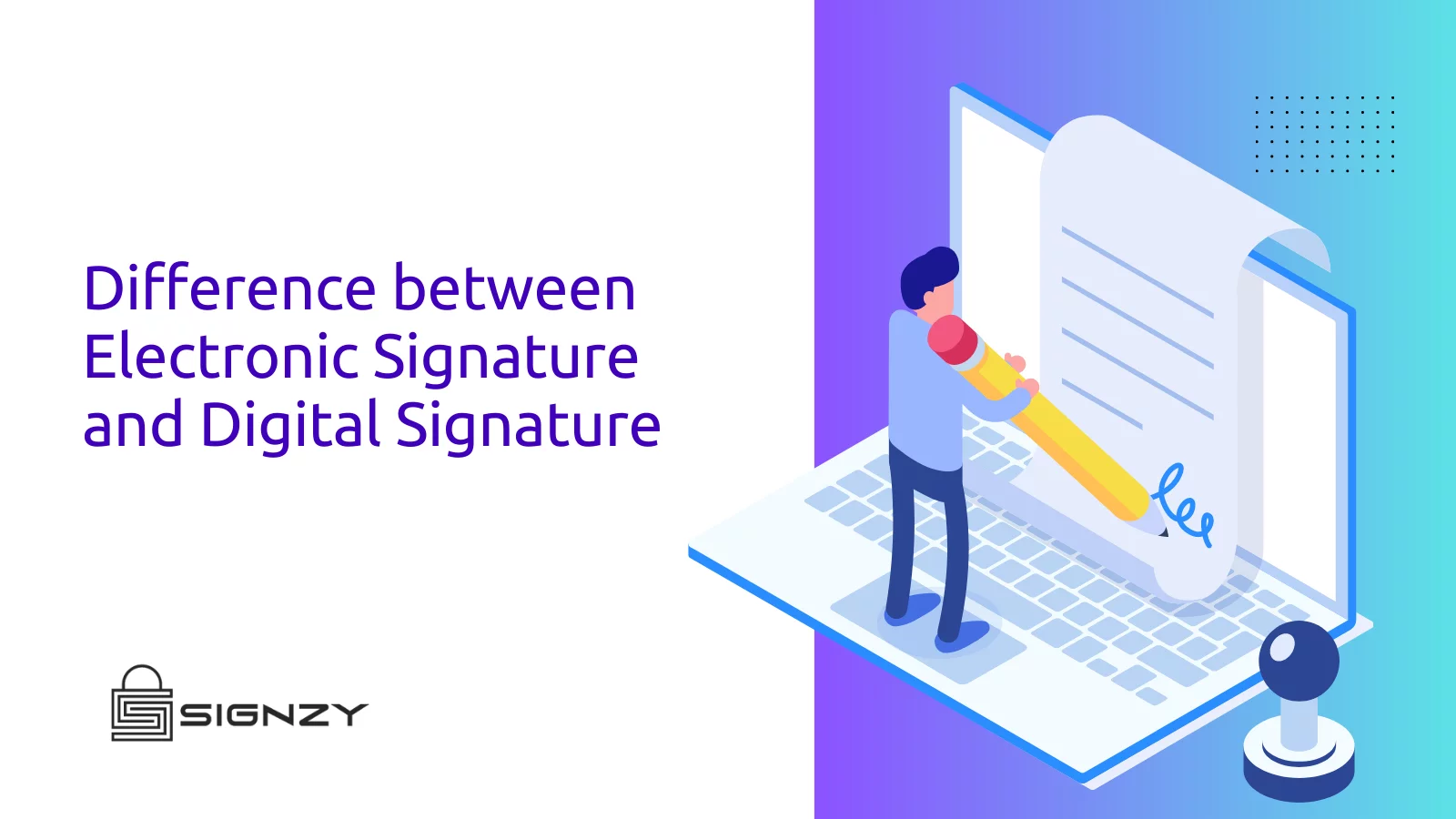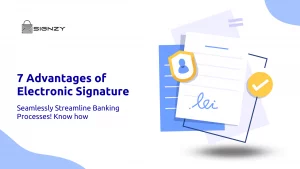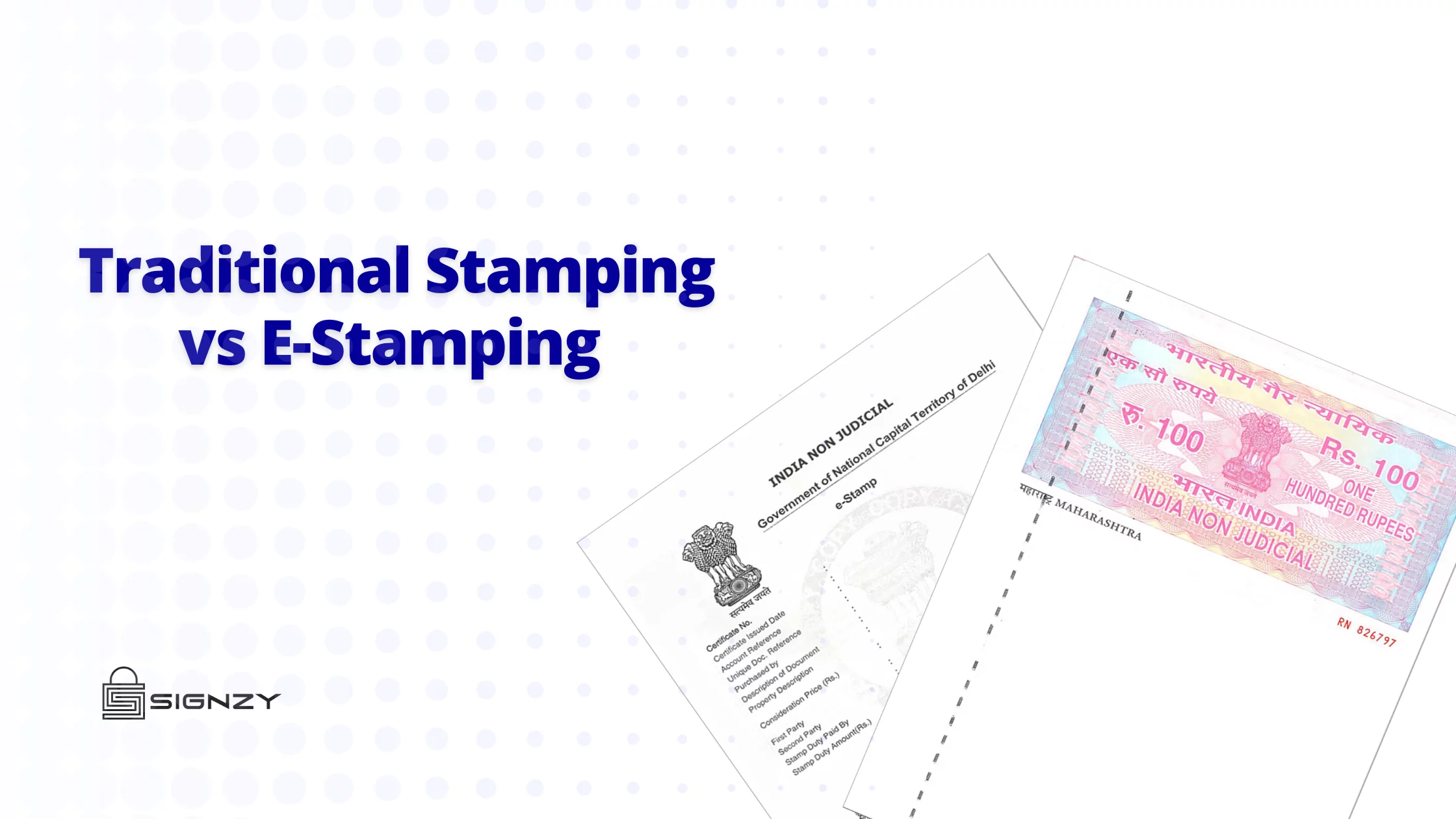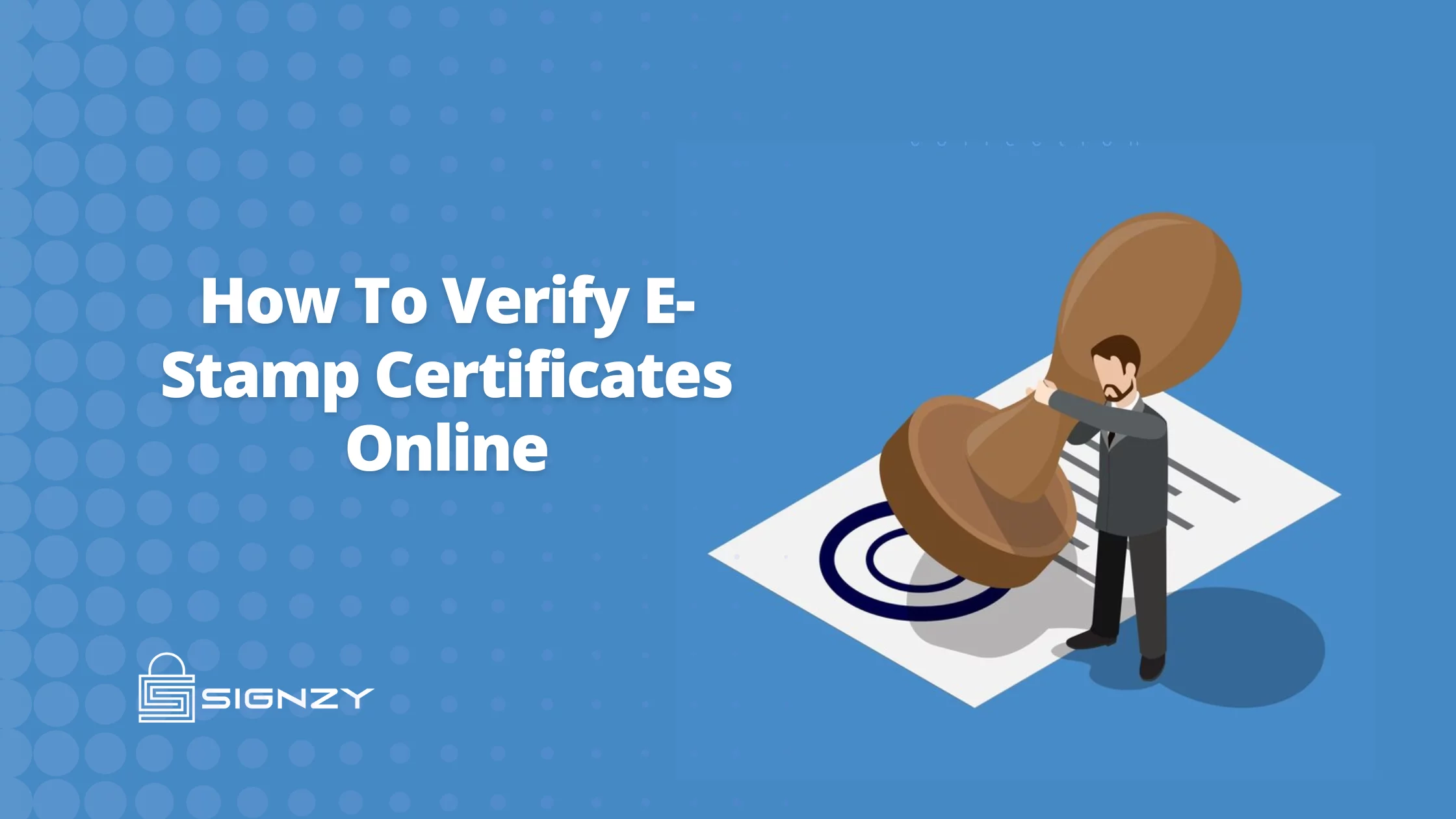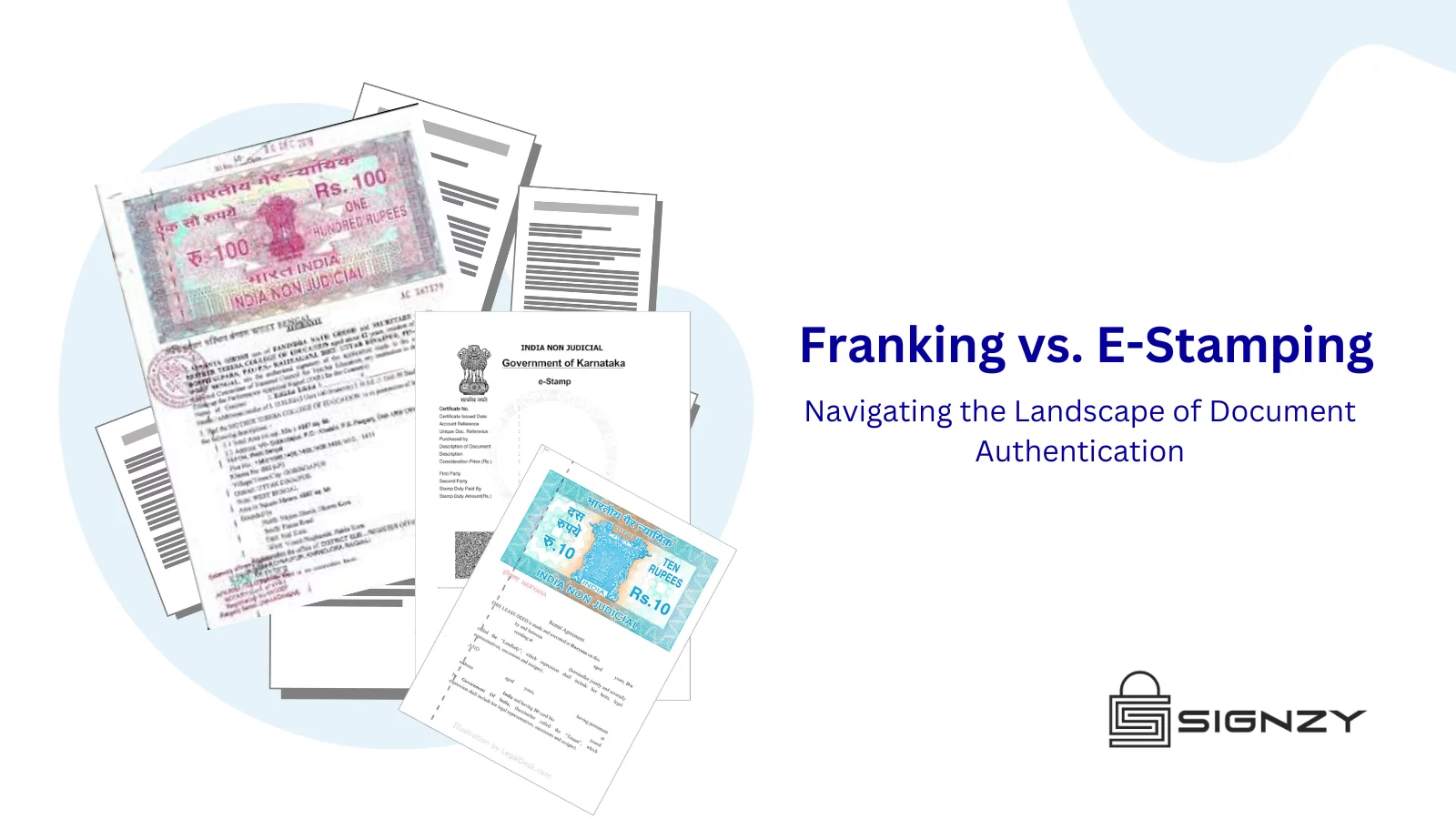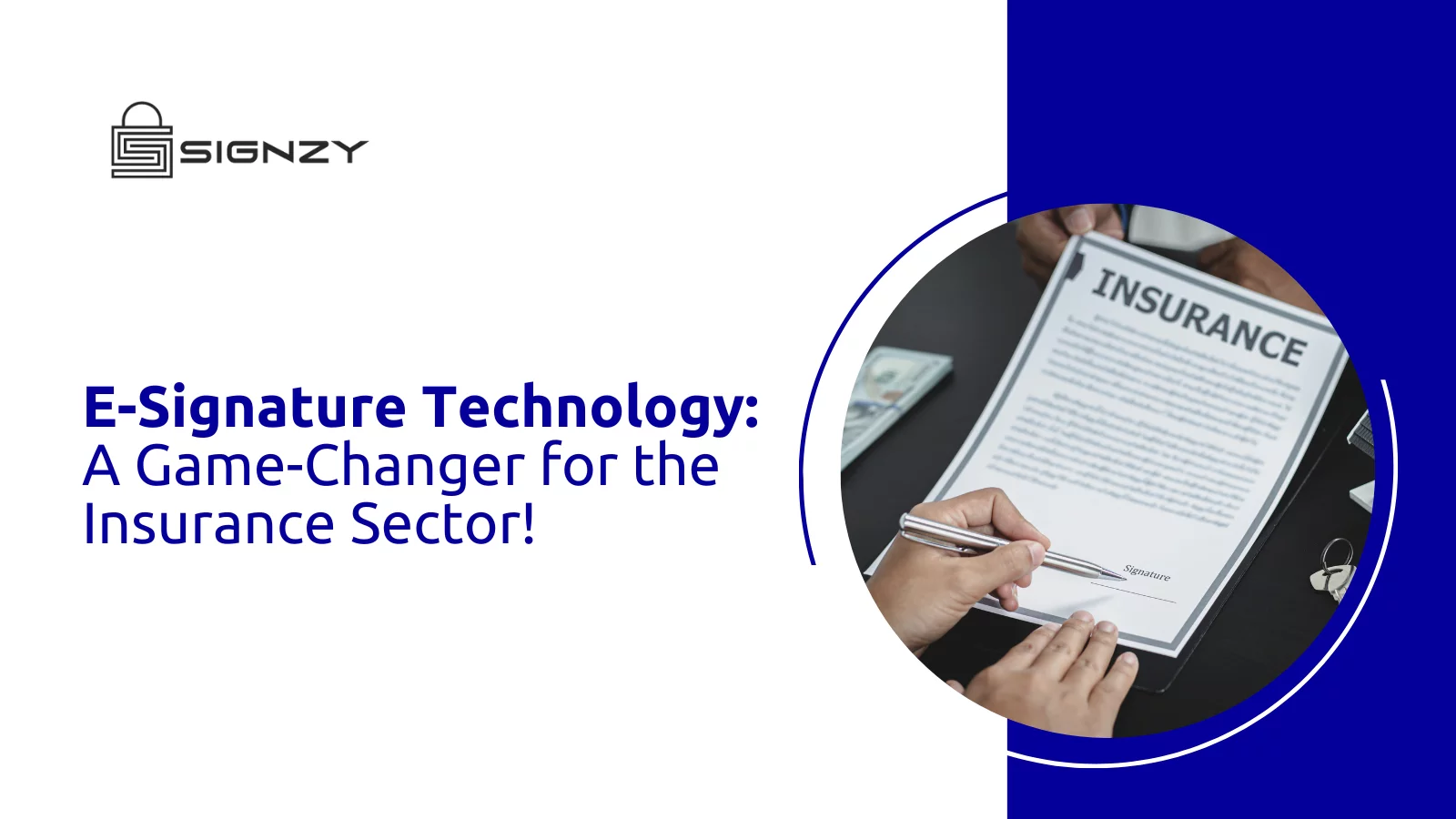In-Depth Exploration of eSignatures & Digital Signatures
August 23, 2023
4 minutes read
In today’s digital age, the way we handle documents has undergone a significant transformation. With the increasing adoption of digital tools and platforms, especially in legal and corporate environments, the methods of signing documents have evolved. Two of these modern signing methods, which are sometimes used interchangeably but are distinctly different, are the electronic signature (eSignature) and the digital signature.
What is an Electronic Signature (eSignature)?
An electronic signature, often known as an eSignature, is a broad category that includes any electronic process that indicates an acceptance of an agreement or a record. These can range from a scanned image of a physical signature, a typed name, to a click-to-accept checkbox on a terms of service page.
Benefits of eSignature:
- Convenience: eSignatures offer the ability to sign documents from anywhere, at any time, and on any device, ensuring processes aren’t halted due to geographical constraints.
- Speed: Accelerates the document signing process by eliminating the need for print, sign, scan, and send routines.
- Reduced Costs: Saves on printing, paper, ink, mailing, and storage expenses.
- Enhanced Experience: Provides an improved and modern user experience for both the sender and the recipient.
- Environmental Friendly: Supports green initiatives by reducing the dependence on paper.
What is a Digital Signature?
Digital signatures are a subtype of electronic signatures. They offer a higher level of security and operate based on Public Key Infrastructure (PKI). Digital signatures use a certificate-based digital ID, which is issued by an accredited Certificate Authority. They not only verify the signer’s identity but also ensure that the document has not been altered since it was signed.
Benefits of Digital Signature:
- Enhanced Security: Provides cryptographic proof of the signer’s identity and ensures data integrity.
- Authentication: Validates the identity of the parties involved in the signing process.
- Non-repudiation: It’s challenging for the signer to deny signing a document as it uniquely links the signature to the signer.
- Data Integrity: Assures that the signed document has remained unchanged post-signing.
- Legal Compliance: Meets strict legal and regulatory requirements in many countries, making it legally binding.
Why Choose One Over the Other?
The choice between eSignatures and digital signatures boils down to the specifics of the situation:
- Document Type & Sensitivity: For highly confidential documents where the stakes are high, such as legal contracts or official government documents, digital signatures’ added security layer is invaluable. However, for day-to-day documents or internal approvals, an eSignature might suffice.
- Industry Regulations: Industries like finance, healthcare, and real estate might have stringent regulations that mandate the use of digital signatures for certain transactions due to their higher authentication and non-repudiation properties.
- Global Transactions: Different countries have varied regulatory landscapes. For global businesses, understanding which type of electronic signature is legally accepted in a particular jurisdiction is crucial. Digital signatures, with their robust security protocols, are often universally recognized.
Cost Implications
Implementing digital signatures involves additional costs. Certificate Authorities (CAs) need to verify an individual’s identity before issuing a digital certificate, and this comes at a price. However, the investment might be justified by the reduced risk of forgery and the enhanced trustworthiness of documents.
Future Outlook
As cyber threats continue to evolve, the emphasis on secure digital transactions will only grow. While eSignatures offer a quick solution for many scenarios, the assurance and robustness provided by digital signatures will continue to be invaluable for high-stakes transactions and industries with stringent compliance requirements.
In Conclusion
While both electronic and digital signatures aim to speed up the process of signing and authenticating documents, their applications and levels of security vary. Electronic signatures are suitable for everyday use, where high-level security isn’t the primary concern. On the other hand, digital signatures are best for high-stakes transactions, legal documents, and where a strong, verifiable process is necessary.
Choosing between them depends on the specific needs, regulatory compliance requirements, and the level of assurance needed regarding the signer’s identity and the integrity of the information.
At Signzy, we’re dedicated to paving the way towards a more efficient, secure, and digital future! Contact us to book a demo!
